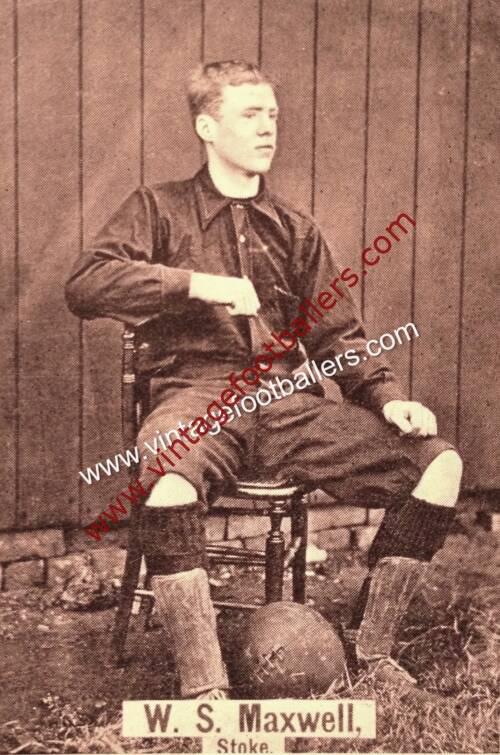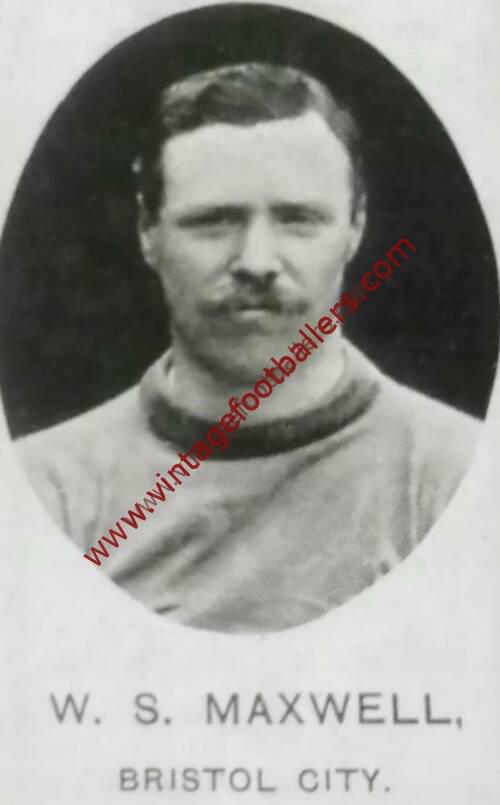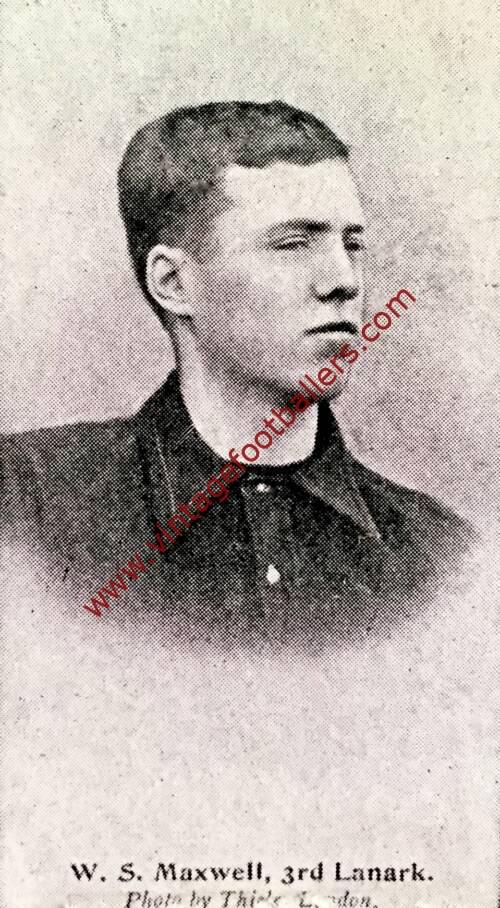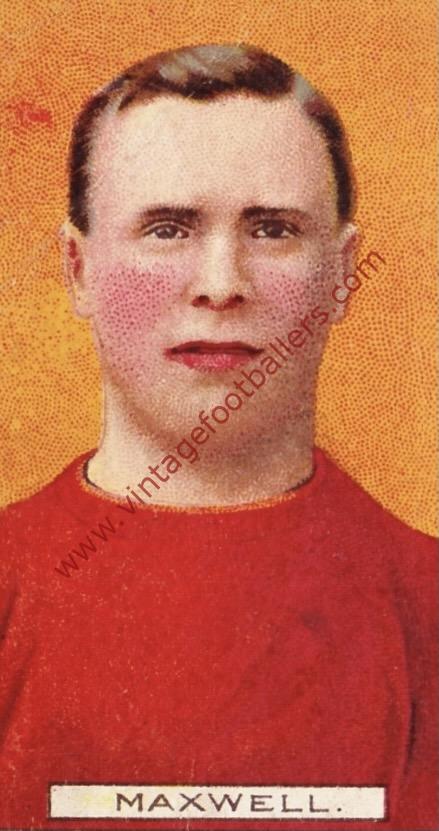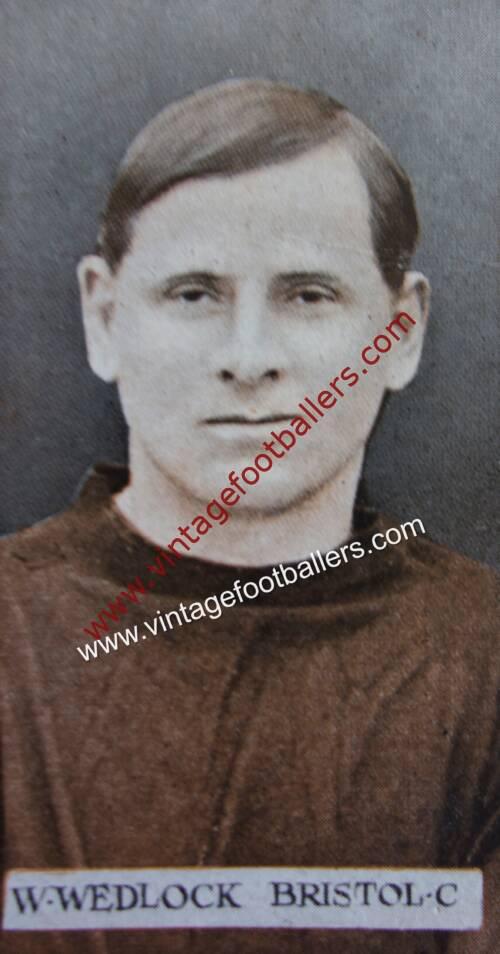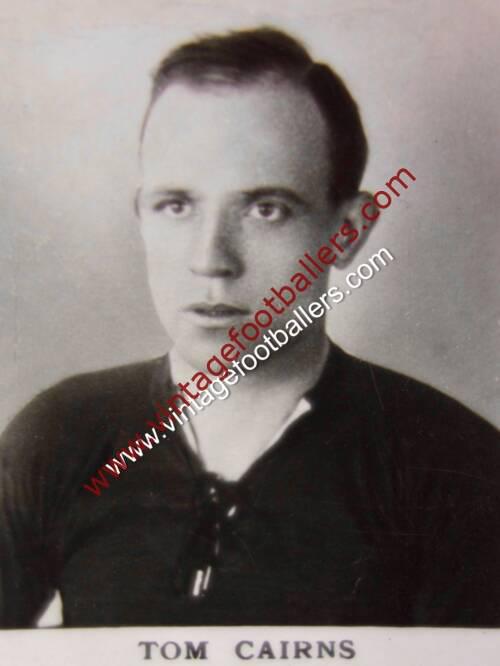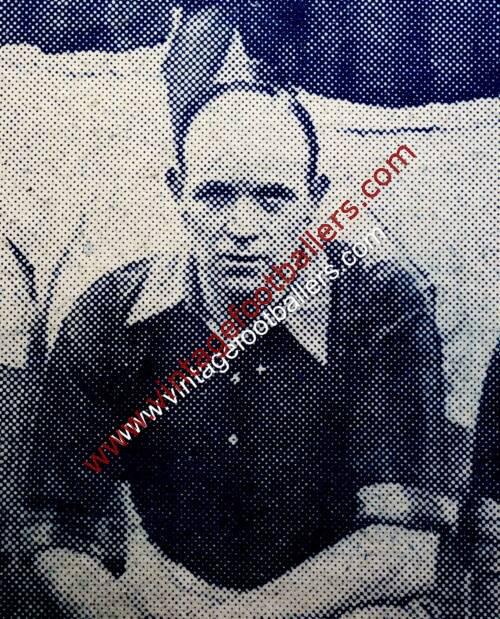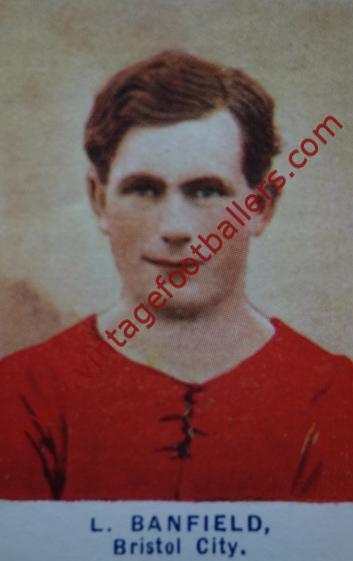Please choose your photo size from the drop down menu below.
If you wish your photo to be framed please select Yes.
Note: 16″x 20″not available in a frame.
Images can also be added to accessories. To order please follow these links
£8.95 – £49.95
Please choose your photo size from the drop down menu below.
If you wish your photo to be framed please select Yes.
Note: 16″x 20″not available in a frame.
Images can also be added to accessories. To order please follow these links
Arbroath born inside forward Willie Maxwell began his career as an amateur playing for Hearts Strollers in 1892, Arbroath in 1893, Heart of Midlothian, where he scored in his only League match in a 4-3 victory over St Bernard’s in October 1894, and Dundee in 1894 whilst working as a solicitor’s clerk. He was persuaded by Stoke manager Bill Rowley to turn professional and he did so joining The Potters in the summer of 1895. Maxwell scored on his Football League debut on the opening day of the 1895-96 season, in a 2-0 home win over Bolton Wanderers. He initially had to bide his time as fellow Scottish forwards Billy Dickson and Tommy Hyslop were established in the first team but following the departure of both Dickson and Hyslop in the summer of 1896 Maxwell became Stoke’s main attacking threat and he became the clubs first prolific goalscorer. He finished up as top goalscorer for five seasons in a row, hitting 16 in 1896-97, 11 in 1897-98, 19 in 1898-99, 11 in 1899-1900 and 16 in 1900-01. He won his only Scottish international cap when he played against England at Parkhead in April 1898 in a match Scotland lost 3-1.
Maxwell was not a typical 1890’s inside-forward as most relied on strength and power, Maxwell used his pace to sprint away from defenders and most of his goals came in one-on-one situations with the goalkeeper. Maxwell helped Stoke reach their first FA Cup semi-final in 1899 where he scored Stoke’s only goal in a 3-1 defeat against Derby County at Molineux. Maxwell was renowned for his gentlemanly conduct on the pitch but on one occasion playing against West Bromwich Albion in October 1899 he lost his temper with Albion’s Abraham Jones and the pair traded blows and were both sent-off. Maxwell received a two-week suspension during with time he played in a benefit match for Sheffield United’s Arthur Watson. He suffered a serious knee injury in that match and missed a further ten weeks.
With his injury Stoke decided to cash in on him, selling him to Third Lanark for £250, which turned out to be poor business as Stoke failed to find a suitable replacement and later suffered heavy financial problems. He had scored 85 goals in 175 games for Stoke. After spending the 1901-02 season back in Scotland when he finished as the top scorer in the Scottish League Division One. While at Thirds he played for The Scottish League scoring twice against against The Irish League in a 3-0 win at Dens Park, Dundee in February 1902. He moved to Sunderland in the 1902 close season scoring 3 goals in 7 appearances during 1902-03, and then to Southern League Millwall Athletic where he scored 34 goals in 54 Southern League games.
His final move of his career took him to the club captaincy at Bristol City where he enjoyed great success, scoring 27 goals in 1905-06 as The Robins won the Second Division Championship. He was the Division’s top scorer. Described as “a splendid forward and one of the best shots in the League”, he then hit 19 goals in 1906-07 as they nearly won the First Division title missing out by three points to Newcastle United, the club’s highest ever finish. He played his last game for City in April 1909 but didn’t play in their FA Cup Final defeat to Manchester United. He scored 61 goals in 125 appearances for Bristol City, and his next move was to Leopold of Belgium.
After Maxwell retired from playing he stayed in Belgium to take up a coaching role with the Belgium national team, a post he held from 1910 to 1913, and then after the First World War from 1920 to 1938. He also managed Cercle Brugge from 1937 to 1938.
| Weight | 0.25 kg |
|---|
